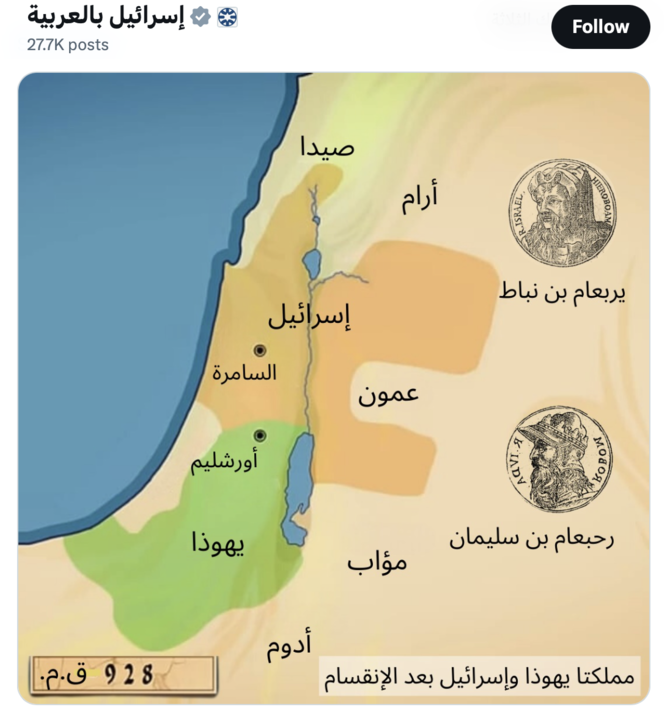GENEVA: The World Health Organization warned on Tuesday its ability to provide aid and support struggling hospitals in war-ravaged Gaza was “shrinking,” despite international demands for more aid to be allowed in.
WHO staff described desperate scenes of seriously injured patients, including young children, begging for food in hospitals — which have seen most of their health workers flee for their own safety.
“We’re seeing this humanitarian catastrophe unfold before our eyes,” Sean Casey, a WHO emergency medical teams coordinator, told reporters in Geneva via videolink from the Gaza Strip.
“We’re seeing the health system collapse at a very rapid pace,” he warned.
BACKGROUND
The agency has long described desperate scenes in the few barely functioning hospitals remaining in the north, facing severe shortages of food, clean water, medicines and fuel.
The Israeli army has claimed the war is entering a new phase, involving troop reductions and more targeted operations in the territory’s center and south.
But Casey said that on the ground, he had “not seen the lowering of the intensification.”
“What we are still seeing... is a huge number of casualties related to hostilities, so shrapnel injuries, gunshot wounds, crush injuries from buildings that collapse. That’s still happening every single day.”
The war followed an attack by Hamas on October 7 that resulted in the death of about 1,140 peoples in Israel, mostly civilians, according to an AFP tally based on official Israeli figures.
The Palestinian militant group also took around 250 hostages that day, 132 of whom remain captive, Israel says. Of those, at least 25 are believed to have been killed.
Israel has retaliated with relentless bombardments and a ground invasion of Gaza that in three months have killed more than 23,200 people, most of them women and children, according to Gaza’s health ministry.
The United Nations says the war has displaced around 85 percent of Gaza’s population of 2.4 million, and left civilians in the besieged Palestinian territory at risk of famine and disease.
A UN Security Council resolution last month demanded that more aid be let in but the WHO said its access had only got worse.
“We’ve seen the shrinking of humanitarian space,” Casey said.
Israel has implied the United Nations is largely to blame for the lack of aid reaching those in need in Gaza.
But Casey insisted the WHO and other UN organizations were “constantly trying to reach the areas in greatest need.”
“Every day we line up our convoys, we wait for clearance (from the warring parties) and we don’t get it,” he said.
“And then we come back and we do it again the next day.”
The WHO has been unable to reach northern Gaza for the past two weeks, and has been forced to cancel six planned missions there.
The organization said that only 15 of Gaza’s 36 hospitals are even partially functioning, most of them in the south.
The agency has long described desperate scenes in the few barely functioning hospitals remaining in the north, facing severe shortages of food, clean water, medicines and fuel.
And it warned that the situation was increasingly dire in the middle and south of the densley populated territory.
“Hostilities and evacuation orders in neighborhoods of the middle area and Khan Yunis... are affecting access to hospitals for patients and ambulances, and making it incredibly complex for WHO to reach those hospitals to provide supplies and fuel,” said Richard Peeperkorn, WHO’s representative for the Palestinian territories.
Speaking to journalists from Jerusalem, he warned that this “was a recipe for disaster and will make more hospitals non-functional.”
The European Gaza Hospital, Nasser Medical Complex and Al-Aqsa hospital in the middle area, long among the best functioning facilities, are now near evacuation zones, Casey pointed out.
“We cannot lose these health facilities,” he said.
“They absolutely must be protected.”
He visited the Al-Aqsa hospital on Sunday, finding that hundreds of patients and around 70 percent of health workers had fled for safety amid increasing hostilities around the facility.
The few remaining staff were struggling to care for patients lying on blood-streaked floors.
“It was mostly children with gunshot wounds, with shrapnel injuries. Children who were playing in the streets when the building next to them exploded,” Casey said.


























